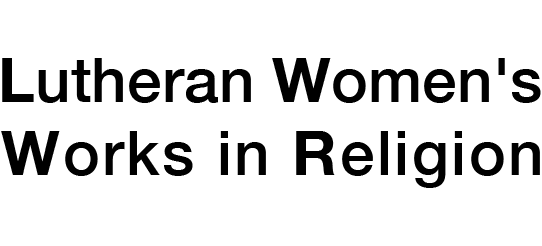Category: Theology
BOOK CHAPTERS
"Lent" In New Proclamation, Year B 2012: Advent through Holy week. ed. David B. Lott. Minneapolis: Fortress PressCommentary on the Revised Common Lectionary texts for Ash Wednesday through the Fifth Sunday in Lent, Year B.
Betcher assumes Spivak‘s challenge towards archaeology of the invisible powerlines of ‗globalicities.‘ After opening out the gestural articulations of civility, Spivak‘s renovation of western anthropology is assumed as key to theological geographies hoping to counter urban grids of fear.
Thinking with and through disability experience (as itself a yoke or harness for spiritual practice) and comparative theological conversation might occasion the redeployment of [S]pirit as a “yoga” or “yoke” (the words share the same Sanskrit root) of generosity so as to address the raw aches of our precarious existence to which the urban disposition of the planet now exposes us.
Modernity, environmental degradation and the pull of people towards larger cities disrupts the human psyche, developing an ‘attachment disorder,’ where trust becomes near impossible. Religions and faith, typically, have been devoted to the ‘safguard[ing of] trust.’ In this context, Luther‘s notion of sola fide is engaged as the author argues that faith is the practice that teaches us to ‘navigate through our fears.’
Betcher engages a psycho-theological history of Spirit, that concept by which Christianity has often escaped the tug of gravity. By opening out the aversions to ground that have been carried in theologies of spirit, Betcher hopes to release Spirit in and for ‗organic transcending.‘ When the Spirit gets grounded, we may then circulate our life love as groundswell rather than transcendental updraft.
Betcher considers the religious use of ‗disablement‘ and how the metaphor, when imbricated with Spirit, figures into modern, Western, Christian and cultural eschatology, social justice and ecclessiology, and even scientific and economic, practice.
Betcher considers how Jemima Wilkinson, the first American female utopian leader, having leaned into surrounding industrial socio-economic anxieties and into the energies of religious apocalypse, attempted to open out a communitarian economics and to create a social structure or ‘living room’ amenable to the dislocated by making ‘Spirit’ mean otherwise.

